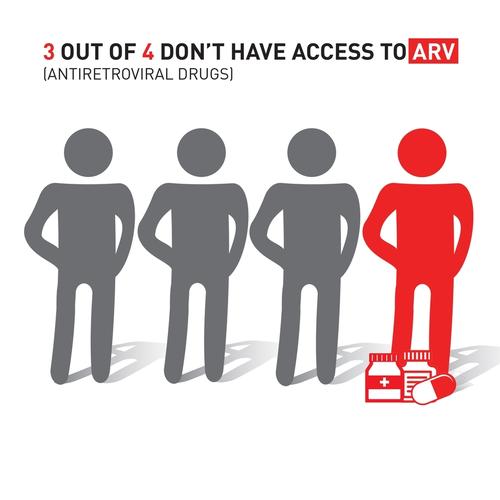During the 1990s, MSF teams made a bitter observation: we were failing to treat some of our patients suffering from infectious diseases, while in developed countries, remarkable progress was being made in the field of health. Two decades on, medicines in developing countries are still either too expensive, aren't suitable to be used in many of the contexts in which we work (for example, in hot, humid conditions or where there's a lack of electricity), or simply don't exist for the diseases we need to treat.
In 1999, we launched the Campaign for Access to Essential Medicines, now known as the Access Campaign. Its mission focuses on three areas: overcoming barriers to access to essential medicines, stimulating research and development for neglected diseases, promoting health exceptions to global trade agreements.
In 2003, MSF joined several research institutes, including the Institut Pasteur, to create the Drugs for Neglected Diseases initiative (DNDi), a non-profit research and development organisation engaged in research and development of new treatments for neglected diseases.
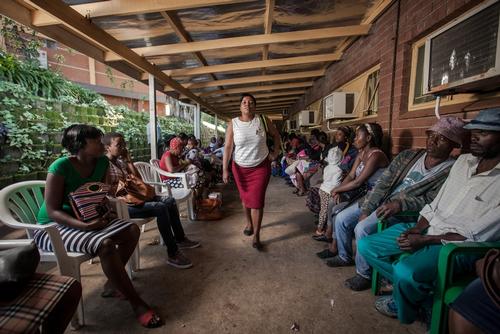
MSF calls for quality HIV care in neglected communities

No valley without shadows
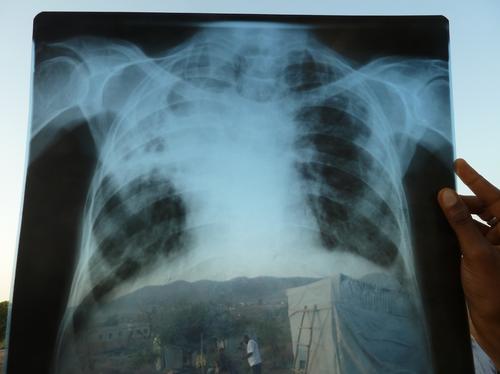
Telemedicine helps to bridge the gap between remote areas and large hospitals
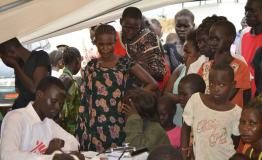
MSF responds to medical needs after intense fighting in Juba
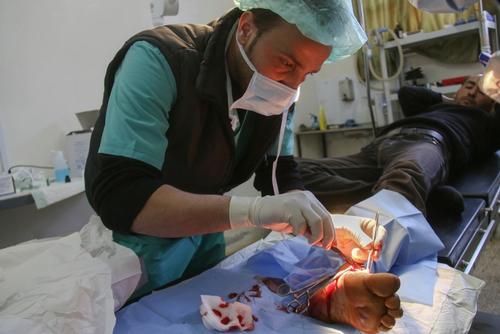
MSF staff on working at Al Salamah hospital, Azaz

Treating gunshot, grenade and mine injuries in Aden
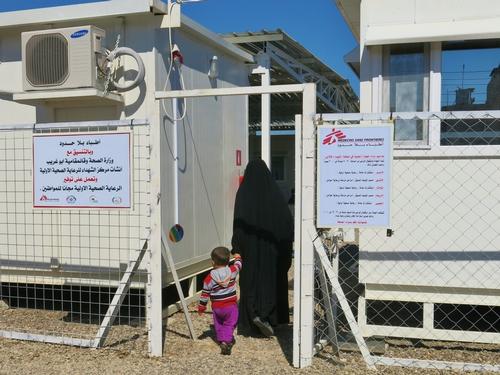
There is a lack of humanitarian actors in Baghdad area
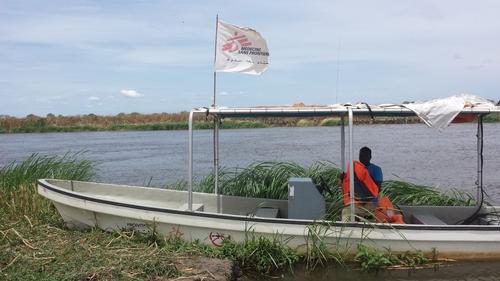
Protecting children from preventable diseases
